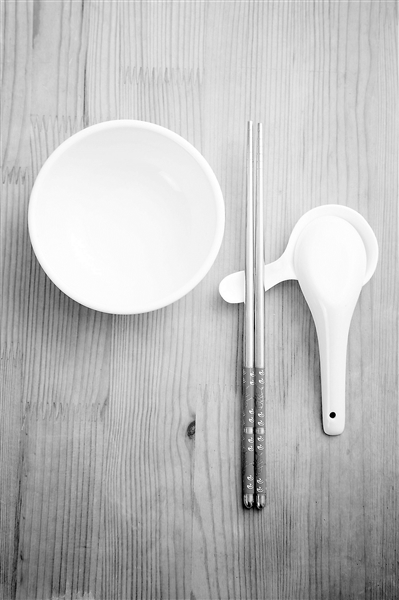Eat less three kinds of food and eat more four kinds of food after the sun rises!

When infected with COVID-19, we should pay attention to light diet and avoid eating properly, especially the following three kinds of food. When infected with COVID-19, it is best to eat less or not.
1. High-salt food
High concentration of salt can inhibit the activity of respiratory cells, inhibit their disease resistance, at the same time, it can also reduce saliva, reduce lysozyme in the mouth, and increase the chance of virus and bacteria infection in the upper respiratory tract.
When infected with COVID-19, you should eat less salt, and the average adult without diarrhea or profuse sweating should be controlled within 5g every day, which will help to increase the content of lysozyme in saliva and help the body to secrete more immunoglobulin A and interferon to deal with Covid-19.
2. Spicy food
During illness, many people’s digestive function will weaken. At this time, too spicy and irritating food will make the already messy gastrointestinal function more disordered, and even cause the risk of nausea and vomiting.
In addition, COVID-19 is often accompanied by sore throat. For people who are intolerant of spicy food, spicy food will also stimulate the pharynx and aggravate the discomfort of the pharynx.
3. indigestible food
After being infected with COVID-19, many people have weak gastric motility. Eating too much food with high dietary fiber content will increase the burden on the stomach and even cause vomiting. At this time, you should eat less foods such as konjac, celery, leek, chrysanthemum, sweet potato, etc. In addition, you should eat as little or not as much as possible, such as uncooked miscellaneous beans and chewy beef and mutton pieces.
So, during the period of COVID-19 infection, which diets are helpful to relieve the illness?
1. 2000 ml of water every day
The World Health Organization suggested that COVID-19 should be replenished with enough water during the positive period, and a small amount of water should be injected several times throughout the day.
Usually, the average adult can drink 1500-1700 ml of water every day. If there are no special drinking taboos (such as heart and kidney problems), for the average adult, when infected with COVID-19, the amount of water should be more than usual, reaching 2000 ml per day. Ordinary-sized disposable paper cups contain about 200 ml of water.
Drink more water and urinate more, so that the waste produced by metabolism in the body can be excreted in time, which also helps to dissipate heat. Be careful to drink warm water, not too cold water.
2. Light soup and porridge
When sick, people’s gastrointestinal function deteriorates, and light soup and porridge are relatively easy to digest. At the same time, hot soup and porridge can play the role of sweating and accelerate the process of "self-healing". After sweating, we should pay more attention to the supplement of water.
3. Steamed chicken and fish
The World Health Organization suggests choosing foods rich in protein, such as beans, fish, eggs and lean meat. When the human body is relatively weak in COVID-19, properly supplementing high-quality protein will help the body recover.
Chicken and fish contain many kinds of amino acids necessary for human body, and its protein is easy to digest and absorb. Steaming is light and not so greasy, so it is suitable for eating in COVID-19. Be careful not to swallow the fishbone when eating fish.
4. honey
Half an hour before going to bed, eat a small spoonful of honey (about 10 grams) in moderation, which will help relieve cough discomfort at night. Pay attention to the fact that babies under one year old can’t eat honey.
Text/Yu Kang
(Professor, Department of Clinical Nutrition, Peking Union Medical College Hospital)